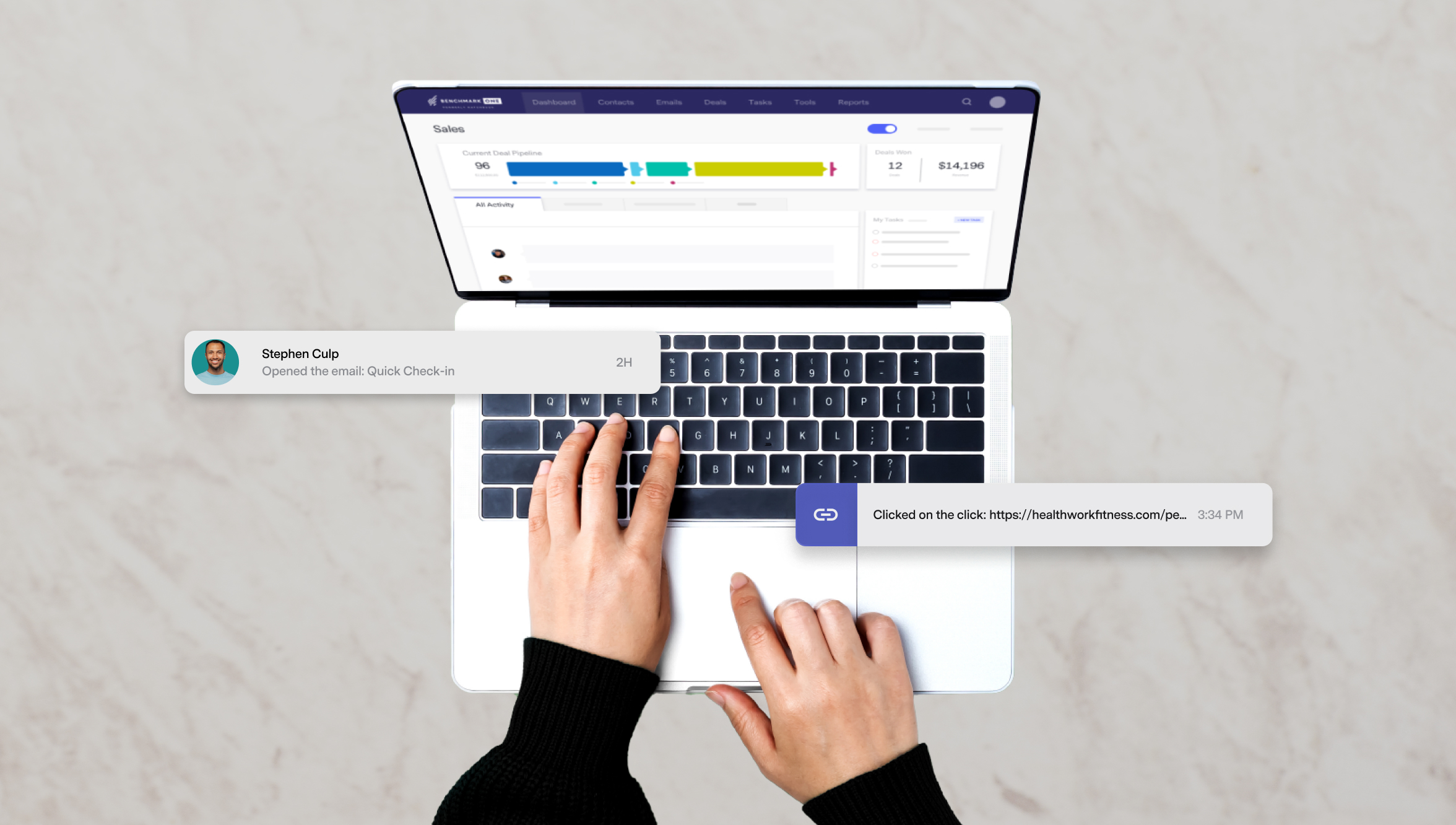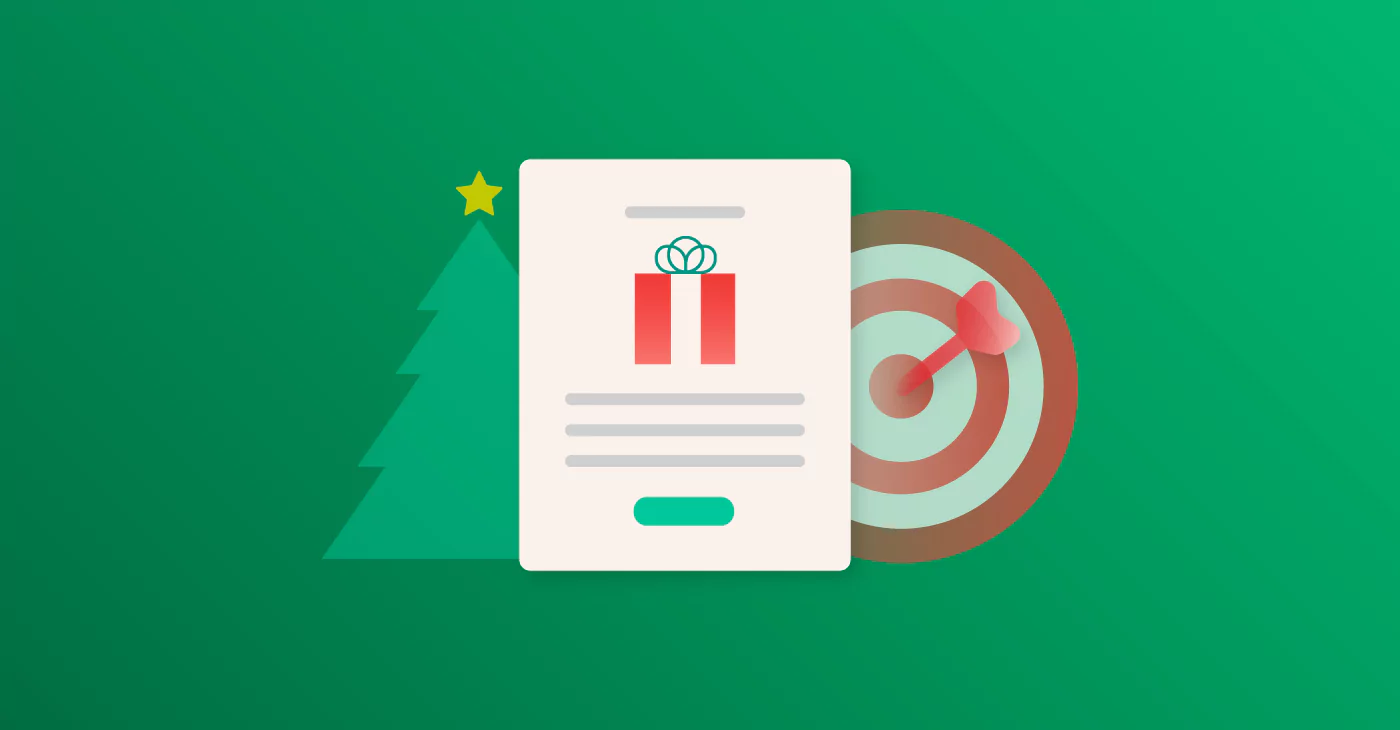
Only a small fraction of the potential customers who click through to your website will actually make a purchase. So how can you get the number of conversions from your email marketing campaigns up?
Here’s the bad news: Prospects are already jaded about emails because they receive a bunch of useless spam. But even if your emails are not currently being opened frequently enough, then don’t panic just yet. You are probably making one of the simple mistakes that so many email marketers make. Let’s dig into some of the top reasons why email marketing fails.
1. Inefficient Subject Lines
Many people receive hundreds of emails every single day, and there is no way that they can open and read all of them. But, they will see all of the subject lines. The likelihood of someone opening an email with a poor or cliché subject line is quite slim. A study about digital marketing found that it’s possible to improve your open rates just by tweaking your email subject lines.
Writing headlines is an art form. It’s not something that you should take for granted. The subject line of your email is going to directly affect its open rate. So, it needs to intrigue the reader and encourages them to open the email. Just be careful that you don’t accidentally create clickbait! Headlines that are overhyped and bait people into clicking, then underdelivering in the email itself will just break the trust between you and your subscribers.
2. Not Segmenting Email Lists
Sending all of your email subscribers the exact same message is a big mistake. Instead, you should be sending your subscribers different messages based on how they act, their level of knowledge regarding your services, or any other characterization that makes sense for your business and audience.
Segmented email lists can be used for targeted and personalized campaigns, and this could boost your marketing ROI. If your subscribers are getting email content that addresses their specific pain points and concerns, they’ll start to trust your brand and be more open to making purchase decisions.
3. Sending Emails that Offer Little Value
A lot of entrepreneurs go into email marketing with the mindset that users will subscribe to their list, open their emails, and then click a link to buy something. While this is a realistic goal, it takes time to get there. You should begin by offering value to your subscribers without expecting anything in return.
When your subscribers find value in your emails, they’ll act on your CTA because it will align with their needs.
4. Emails That Offer Too Much Information
While obviously, you need to create emails that offer value, make sure that in the process, you don’t stuff your emails with too much information.
Subscribers do not want to be overwhelmed with information in their inboxes. They’re busy and often don’t have a ton of time to read through lengthy emails. They want you to get to the point and offer them information in a quick and easily digestible manner.
If your email is too long or jumbled with tons of copy, they’ll lose interest and exit out. Or, even worse, they could unsubscribe from future messages.
5. Sending Too Many Emails
Ever received so many emails from a business that you cringe when you see another one pop into your inbox?
Too many emails can overwhelm and annoy your customers. By creating the proper cadence and the right volume of emails, you have a far better chance that your messages will be well-received.
But how many emails are too many emails? When it comes to newsletters, sending at least once a month is a good starting point. That also ensures that when paired with your drip campaigns, which are sent out every couple of days or so, you’re striking a healthy balance.
6. Outdated Info and Broken Links
Your emails should be air-tight and rid of any errors. If a promo has expired, a sale has already ended, or a link is broken, customers are not only disengaged but can lose trust in your brand completely.
Double-check each detail and have a second set of eyes on any campaign before it’s sent. Your customers should open a flawless message – one that encourages them to shop with you time and again.
And when it comes to your drip campaigns and welcome series, make sure you check back in on them after a few months have passed. This will ensure you keep them updated with the latest content and offers so your subscribers aren’t receiving dated, stale information.
7. A Weak Call-to-Action
Your emails should drive your customers to engage with your brand in some way or another. Whether it’s making a purchase or signing up for a free webinar, lead your customers to take clear action.
A proper story and funnel can guide them to where you want them to go. Put your CTA front and center or towards the top fold of your email. Use compelling copy, and if you aren’t sure what kind of prompt will work best, a/b test to see which yields higher clicks.
8. Your Emails Lack Brand Voice
Your customers should feel like they’re getting an email from a friend.
That’s why your brand – and every email you send – should have a personality, a voice, something that makes customers feel like they know you and trust you.
If your emails lack personality and distinction from others in the industry, you won’t get the engagement you’re looking for (instead, maybe a direct route to the “Trash” folder).
9. Your Email List is Outdated
If your emails are being sent into the abyss and left unread – or they bounce back with an error message – your emails simply aren’t getting in front of your audience. Email databases decay with time and it’s very important to maintain the health of your email database by performing regular email validation. Otherwise ,you’ll see lower open rates from the old database, which could indicate to your ISP that readers aren’t engaged with your content or your messages are not getting delivered.
Ultimately, a lack of engagement from your subscribers could harm your email campaigns and your sender reputation, causing your ISP to block your email messages and blacklist you.
Benchmark Email’s Smart Sending feature helps you avoid sending emails to unengaged subscribers. Our tool pulls out the email addresses that show a pattern of disengagement, which means you’ll only send emails to those more inclined to open and read them. This will help improve your score and focus on qualified subscribers.
10. You Don’t Stand Out
If your email titles, copy, and offerings sound the same as every other company, your customers aren’t likely to take action or engage with your brand. By improving your content, voice, and marketing ideas, your emails will rise to the top instead of sinking lower and lower into your customers’ inboxes.
But how do you do this? If writing creative copy doesn’t come easy, take advantage of Benchmark Email’s Smart Content. Smart Content helps craft engaging content for you, taking the guesswork out of writing email copy so you can focus on other aspects of your email, such as design or layout.
And with our numerous email marketing templates at your disposal, you can create beautifully designed campaigns that are bound to stand out (all without needing any coding experience).
11. Not Using Email Automation
A well-designed email campaign is a critical component of forming strong customer relationships instead of fleeting, random engagements. With a clear schedule, objective, plan, and strategy, your email campaign can be polished to perfection to get you the results that you want. However, this cannot be achieved manually, especially if you are already bombarded with other tasks and initiatives (and who isn’t?)
Having email marketing software is like having another set of hands to manage your email outreach. You can set up your emails on the front end and assign triggers for them to deploy based on certain actions your subscribers take on your website. There’s nothing like the peace of mind that comes with knowing your subscribers are receiving the content and nurture they need to move them closer to making the right purchase decisions.
Transform a Failing Email Campaign into a Successful One
We’ve gone through the factors that cause so many email campaigns to fall flat on their face. By tackling just a few of these at a time, you could see much improved results from your emails. Here’s how to get started with supercharging your campaigns:
Step 1: Create Better Headlines
Your email’s personality matters. The truth is that there’s no universal formula for creating amazing headlines: it really depends on the email, brand, audience, and message. You are probably going to have to experiment and test new email subject lines until you find the right fit.
Step 2: Simpler, More Efficient Emails
Shorter is almost always better. Punchy sentences backed by compelling points of interest are always going to win over long, drawn-out paragraphs. If subscribers want to read more content, then they can visit your website.
Step 3: Avoid the Dreaded Unsubscribe
What is it that makes people click on that dreaded unsubscribe button? While there are a lot of reasons behind unsubscribes, the number one reason is frequency.
Receiving too many emails is annoying, but receiving too few emails will cause subscribers to forget you. The key to avoiding unsubscribes is to find the optimal frequency of emails. This will require testing and consistency.
Above all, it’s important to send emails that are relevant and of value to your subscribers.
Final Thoughts
You now have a place to get started with improving your email campaigns. We have tried to cover the most important areas, but we understand that there are more ways that an email campaign can go wrong.
Are you having trouble getting your emails to convert? Have you experienced some of the mistakes that we discussed and are looking for a solution? Sign up for Benchmark Email’s free plan today and take advantage of everything our email marketing software has to offer.






